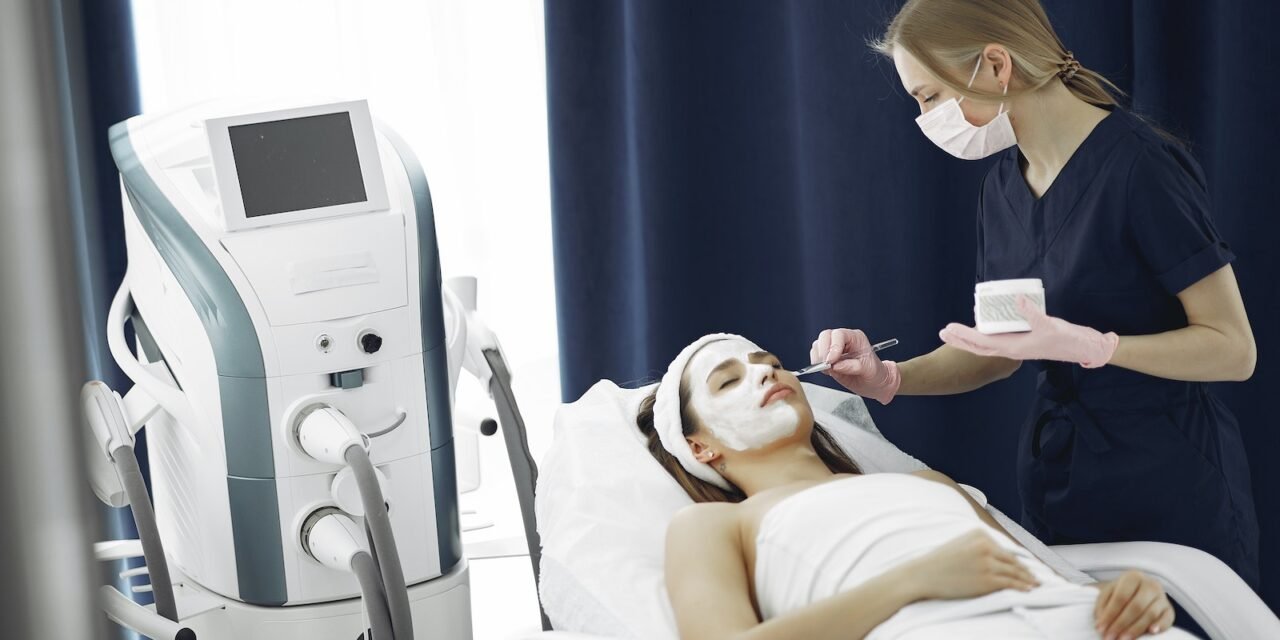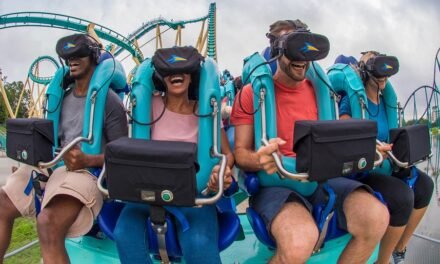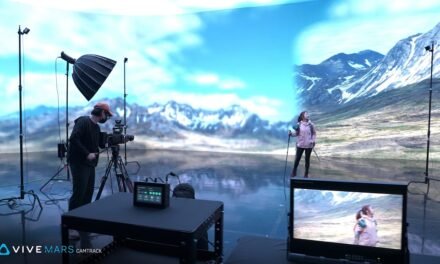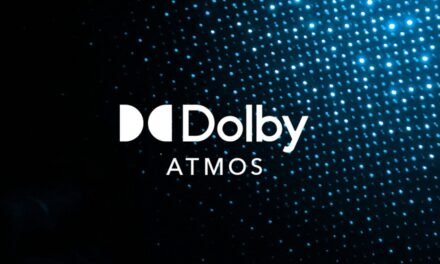The beauty industry is constantly evolving, and new technologies are being introduced to enhance various beauty treatments and procedures. Here are some of the latest technologies in the beauty industry:
- Laser and Light-Based Treatments: Laser and light-based treatments have become increasingly popular in the beauty industry. These technologies are used for hair removal, skin rejuvenation, acne treatment, pigmentation correction, and tattoo removal. Advancements in laser technology have resulted in more precise and effective treatments with minimal downtime.
- Radiofrequency (RF) Devices: RF devices use radiofrequency energy to heat the deep layers of the skin, stimulating collagen production and tightening the skin. They are commonly used for non-surgical skin tightening, wrinkle reduction, and cellulite treatment. The latest RF devices provide improved results and offer more versatility in targeting specific areas of concern.
- Microneedling Devices: Microneedling involves creating tiny microchannels in the skin to stimulate collagen production and improve the texture and appearance of the skin. Advanced microneedling devices now incorporate technologies such as radiofrequency energy or LED light therapy to further enhance the treatment’s effectiveness.
- Cryolipolysis: Cryolipolysis, also known as fat freezing, is a non-invasive fat reduction treatment. It involves cooling targeted fat cells to low temperatures, causing them to crystallize and be naturally eliminated by the body. The latest cryolipolysis devices have improved cooling systems and applicators that allow for more precise and comfortable treatments.
- High-Frequency Devices: High-frequency devices use low-level electrical currents to treat various skin concerns such as acne, wrinkles, and inflammation. They promote blood circulation, stimulate collagen production, and have antimicrobial properties, making them effective for skincare treatments.
- Ultrasound Therapy: Ultrasound technology is used in beauty treatments to improve skin texture, reduce wrinkles, and enhance the absorption of skincare products. Ultrasound waves generate heat in the deeper layers of the skin, stimulating collagen production and tightening the skin.
- Biometric Skincare Analysis: Biometric skincare analysis involves using advanced technologies such as cameras and sensors to analyze skin conditions in detail. These devices can measure parameters like hydration levels, oiliness, pigmentation, and wrinkles, providing personalized skincare recommendations and tracking progress over time.
- Smart Skincare Devices: Smart skincare devices, such as cleansing brushes, facial massagers, and LED masks, are gaining popularity. These devices incorporate advanced technologies to improve skincare routines and enhance product absorption. They often connect to mobile apps to provide personalized skincare recommendations and track progress.
- Virtual Consultations and Telemedicine: With the advancements in telecommunication technology, virtual consultations and telemedicine have become more common in the beauty industry. Clients can consult with skincare specialists, dermatologists, or beauty professionals remotely, seeking advice, treatment recommendations, or even receiving virtual skincare assessments.





